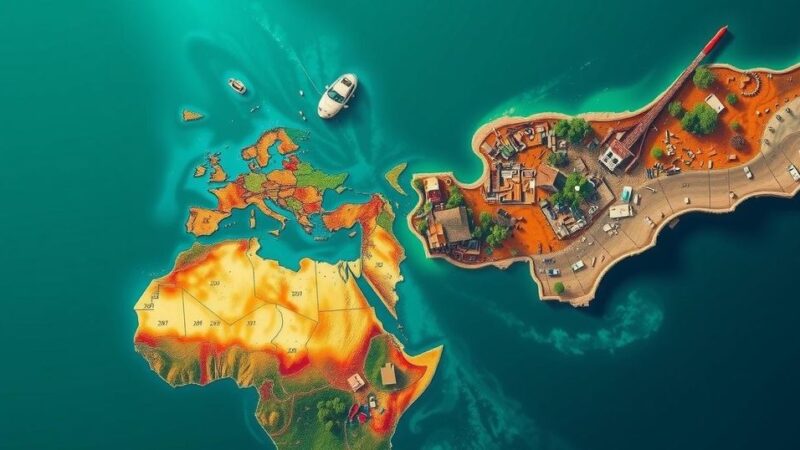Ocean acidification threatens marine life, food chains, and economies, highlighted by experts at recent climate conferences. Research from the Potsdam Institute underscores the urgency to address this invisible crisis affecting marine biodiversity and economic stability.
Recent findings unveil ocean acidification as an increasingly critical threat to marine ecosystems, food chains, and global economies. Experts highlighted these concerns at the COP16 biodiversity conference, which convened in Colombia, and reiterated their relevance at the ongoing COP29 climate change conference in Azerbaijan. Dr. Sabine Mathesius, a postdoctoral researcher at the Potsdam Institute for Climate Impact Research, emphasized the urgency of addressing this dire issue as it continues to impact marine life.
Ocean acidification, resulting from excessive carbon emissions, poses severe risks to marine biodiversity. As the ocean absorbs increased levels of carbon dioxide, the resulting chemical reactions lead to lower pH levels, adversely affecting shellfish, coral reefs, and overall marine health. This phenomenon disrupts food chains and endangers economic stability for communities reliant on harmonious marine ecosystems. Understanding this issue is paramount as international climate discussions progress.
In summary, ocean acidification emerges as an invisible but urgent threat to marine ecosystems, impacting food security and economic stability worldwide. The discussions at COP conferences serve as vital platforms for generating awareness and seeking solutions to combat this escalating crisis. Greater focus on scientific research and multinational collaboration is necessary to mitigate the effects of this environmental challenge.
Original Source: www.france24.com






